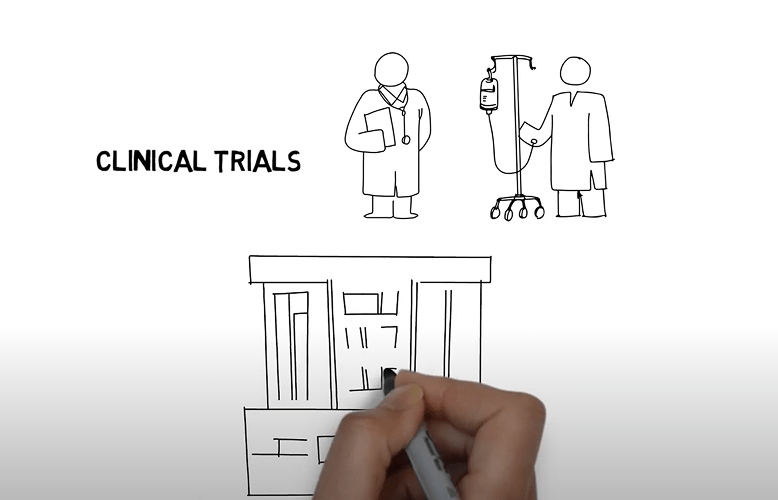
About clinical trials
Understanding Clinical Trials
This page provides an overview of Servier’s clinical trials. It may be of interest if you are considering participating in one. Additionally, it offers details about ongoing clinical trials for those seeking more information.
Source: texts adapted from clinicaltrials.gov
How to Proceed if You Want to Participate in a Clinical Trial
Explore available trials, contact the study team for details, and consult your healthcare provider to determine eligibility and enrollment. Your safety and privacy are our priorities.
The Importance of Clinical Trials
Designing a Clinical Trial
The Journey of a Clinical Trial

Our commitments
Discover Our Commitments in R&D
At Servier, we invest in research and development to bring meaningful innovations to patients. We uphold high ethical standards, prioritize transparent data sharing to benefit public health, and ensure the safeguarding of patient privacy.
Learn more

